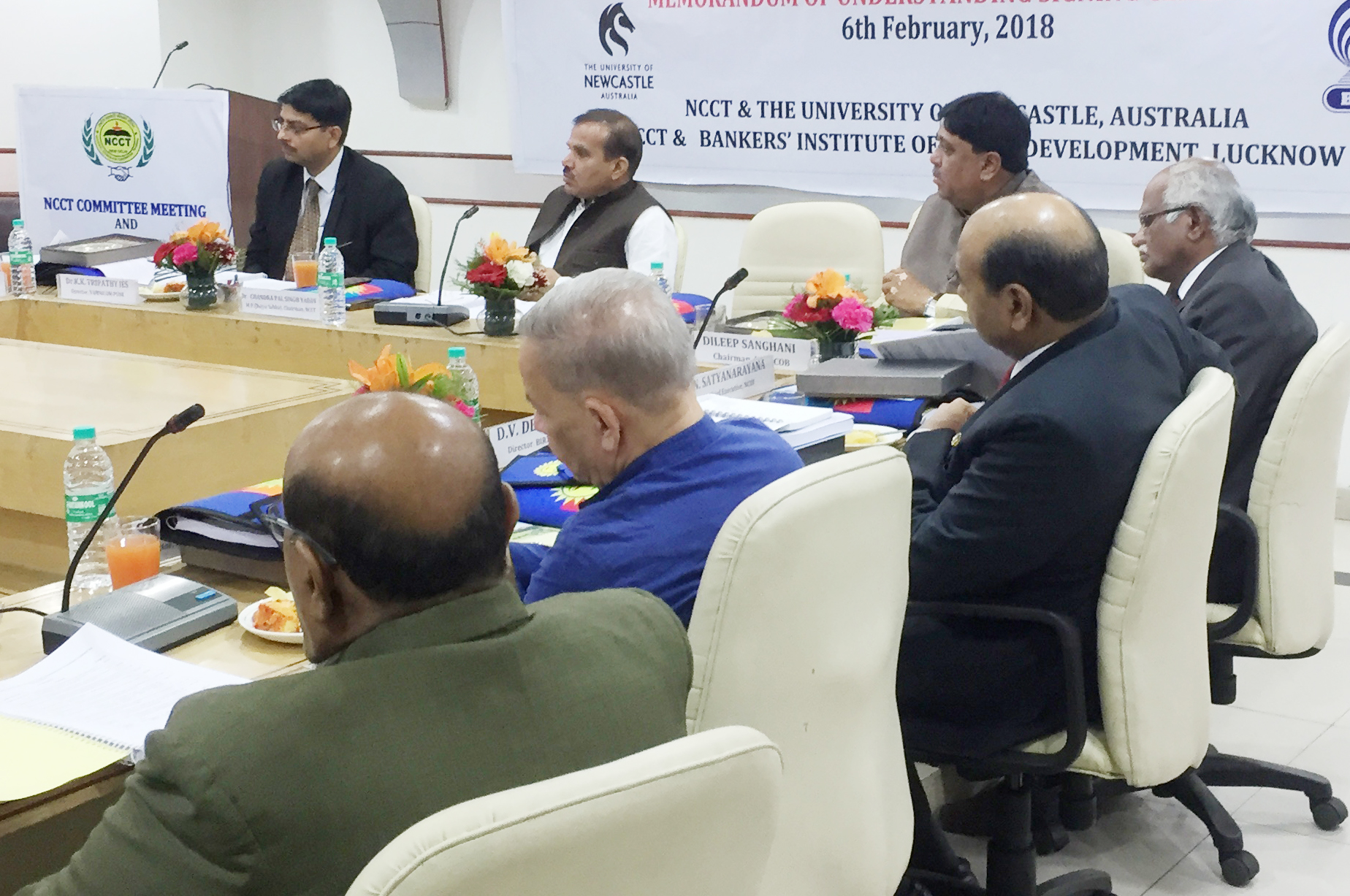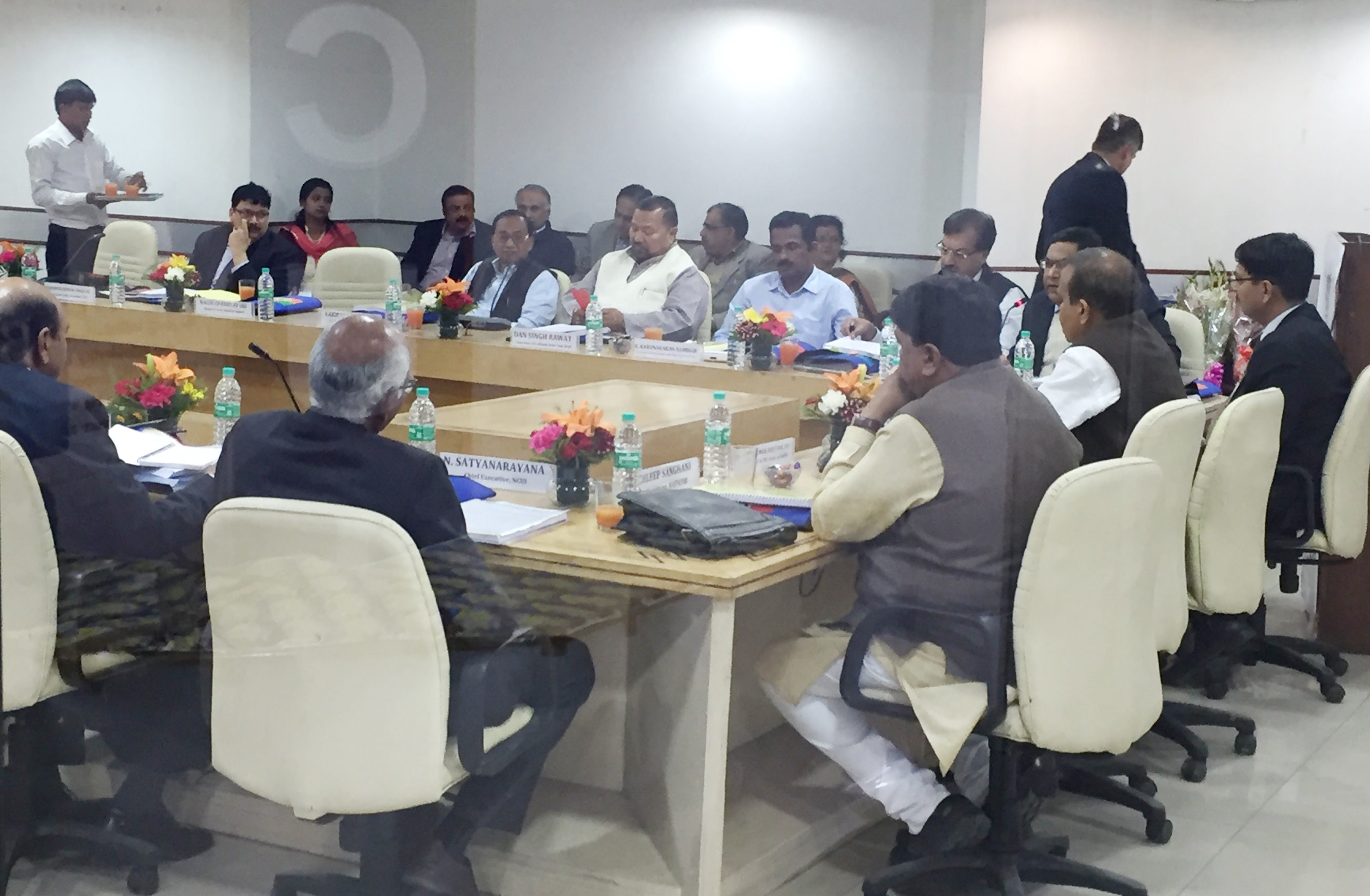National Council for Cooperative Training (NCCT) – the training arm of the apex body NCUI finally hosted the meeting of members of the newly constituted Committee of the NCCT in Delhi on Tuesday. Several new members including three representatives of Sahakar Bharati attended the meeting for the first time.
The NCCT Committee which was reconstituted last year could not hold any meeting earlier owing to the NCCT Chairman’s refusal to call a meeting. The way the new committee was constituted without keeping the NCUI in the loop had upset NCCT Chairman Dr Chandra Pal Singh Yadav. Reconstitution of the NCCT committee had always been an NCUI’s prerogative, sources say.
Indian Cooperative has learnt that Chandra Pal relented only after an assurance from the Ministry and especially from the senior minister Radha Mohan Singh about restoring the primacy of the NCUI chairman in various committees falling under NCUI’s umbrella.
The Tuesday meeting was attended by a majority of new members including Dr K.K.Tripathy, Pramod Samar, Nalin Upadhyay, Lakhan Lal Sahoo, Dan Singh Rawat, Dileep Sanghani, D.V. Deshpande, Satish Marathe, Subhash Chandra Mandge, K.C. Gupta, Kumar Sanjay Krishna, N.B.Shaikh and K. Karunakaran Nambiar.
While as the Chairman Chandra Pal presided, Ashish Bhuatani, Central Registrar occupied a seat next to him. It is

Co-op policies that were on the agenda were taken up for discussion but were shelved for the next meeting. “What is important is that the ice is broken and the meeting has begun to happen; things could be taken up in the subsequent sittings”, said a Committee member.
National Council for Cooperative Training (NCCT) is responsible for organizing, directing, monitoring and evaluating the arrangements for cooperative training for the personnel working in the cooperative sector in the country. The main objective of the Council is to organize need based training programs and facilitate the process of human resource development for cooperatives. It is also envisaged that NCCT conducts researches in critical areas of the cooperative movement.
Funnily, NCCT website still carries the list of Committee members who were there in the year 2014 without any mention of new members reconstituted last year. In an era of increasing online presence by various agencies, the lackadaisical approach of NCCT runs counter to its tall claim.























































